Peatland Protection in Practice: Insights from ARGE Donaumoos Conference
In recent years, moors gained attention for rare species, carbon storage, and addressing biodiversity/climate crises. Moor wetting is crucial to meet Paris goals. A July 2023 conference supported by the EU Horizon 2020 project MIXED stressed shifting moorland use and fostering collaboration.
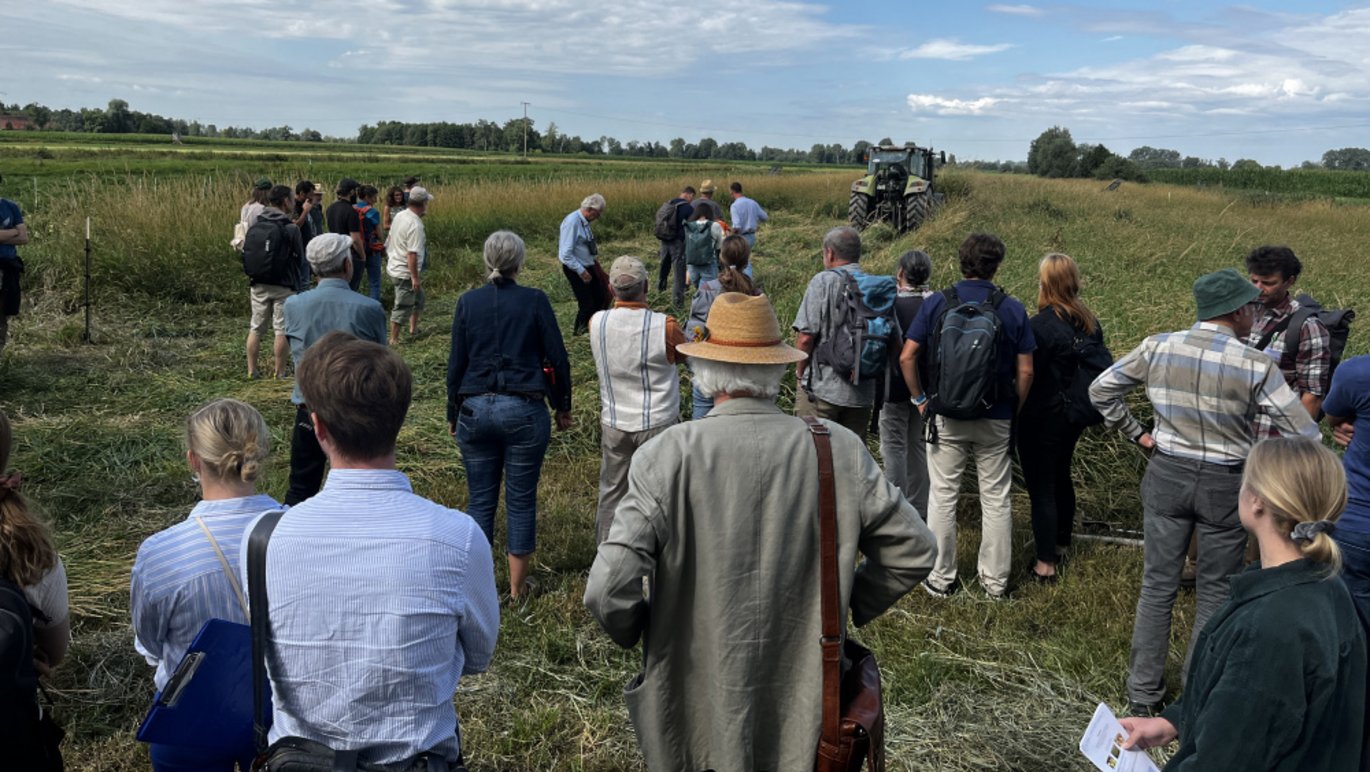
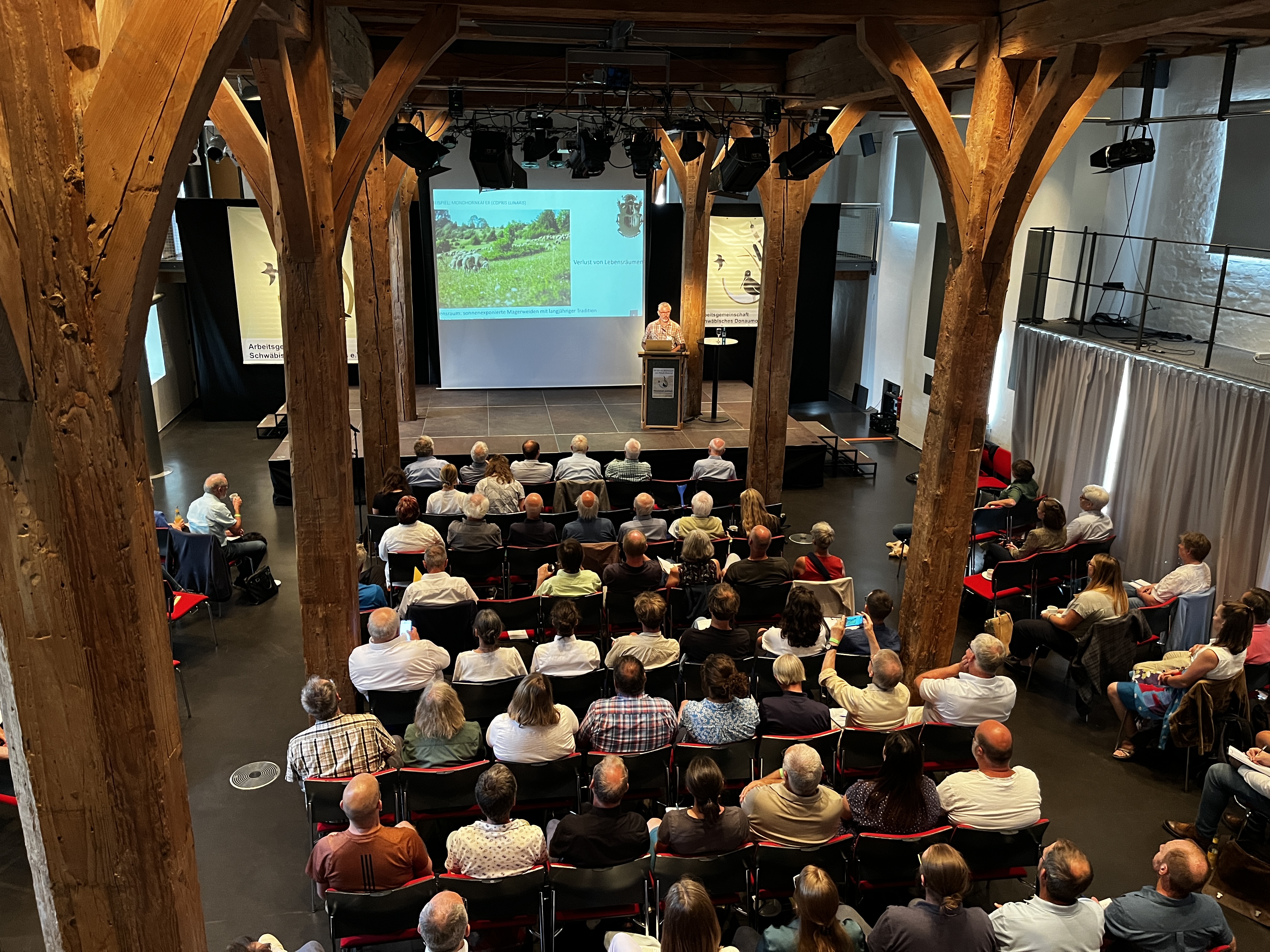
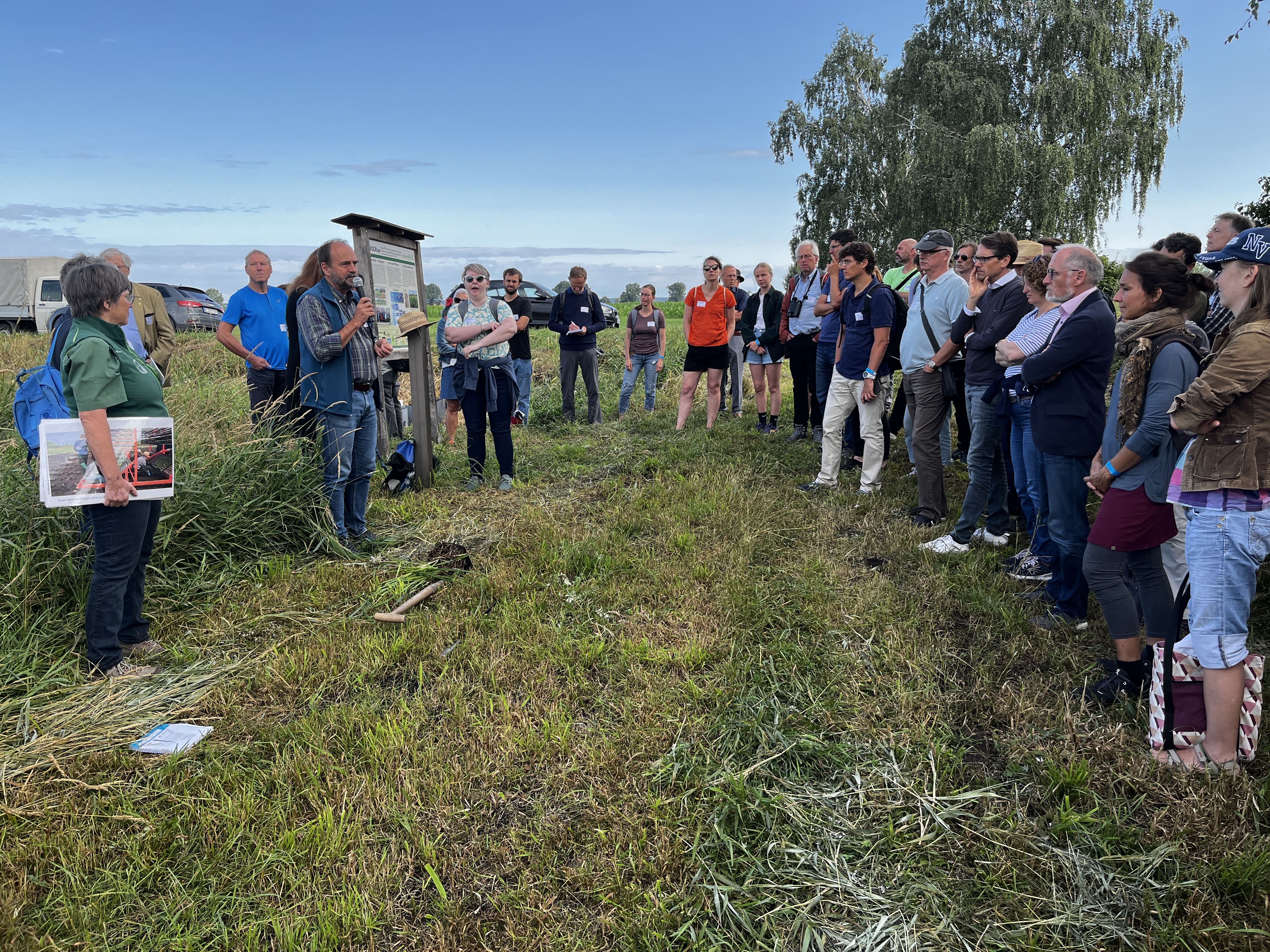
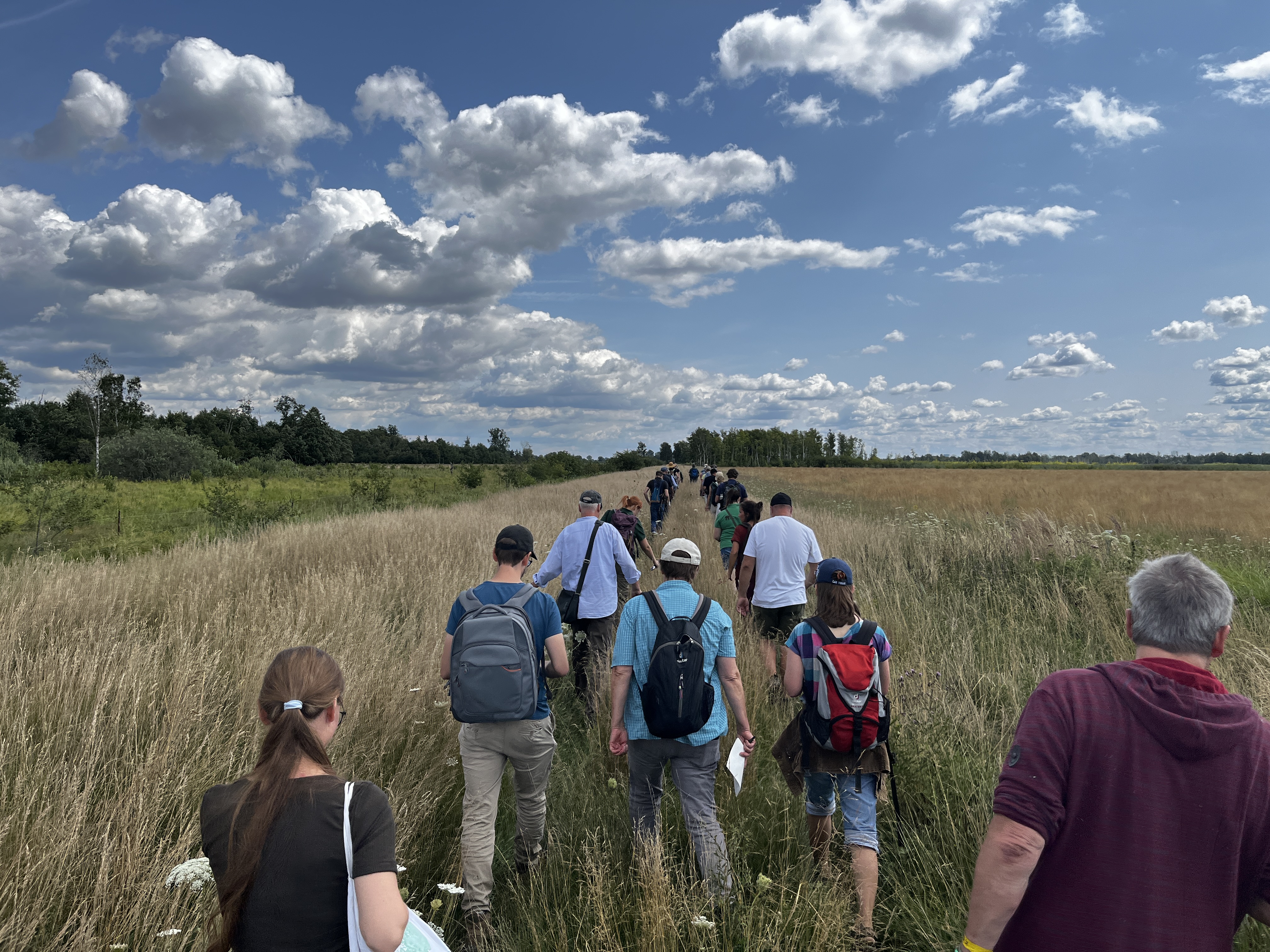
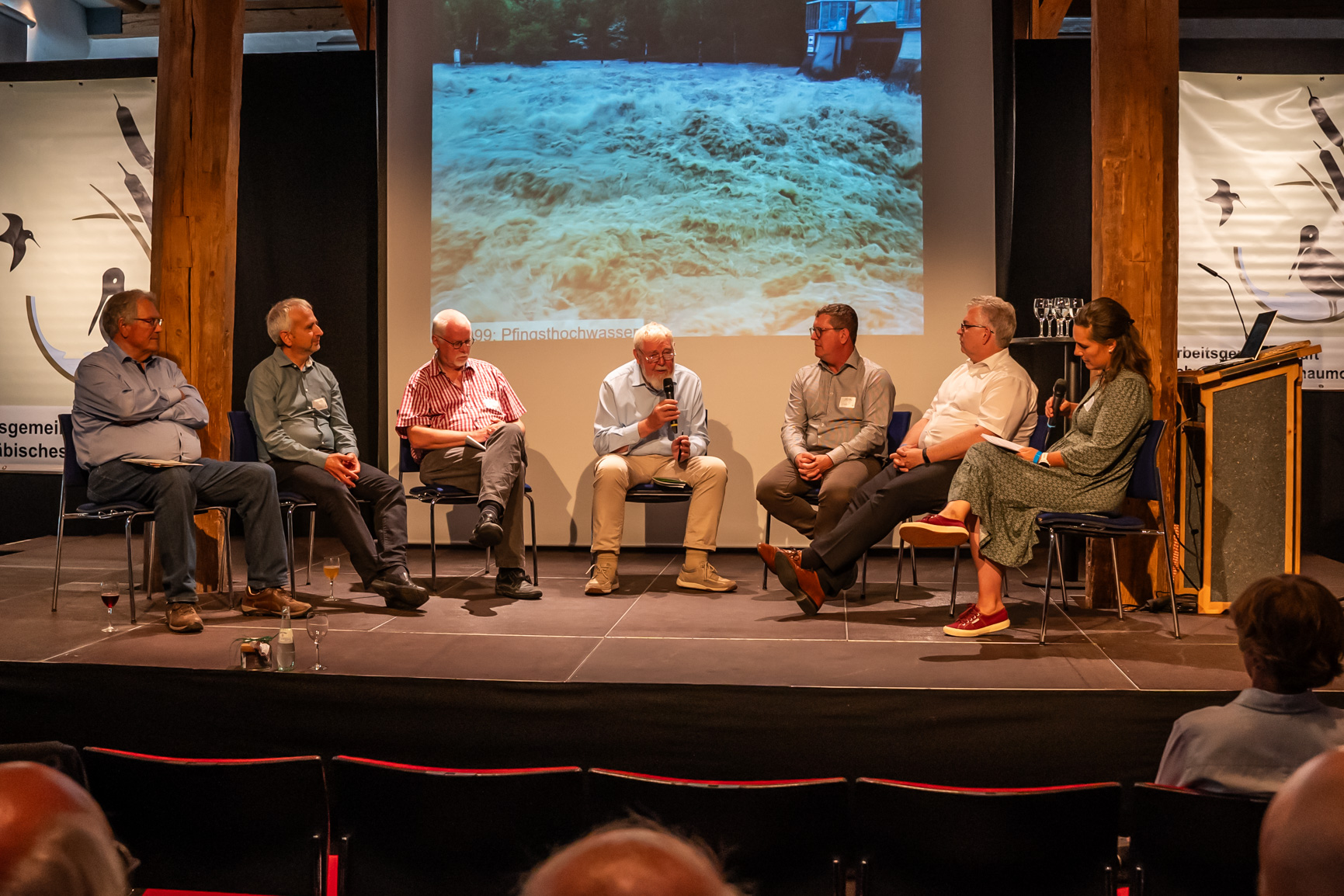
The ARGE Donaumoos hosted and organized the 3-day conference “Peatland protection in practice” including a field demo day, covering topics from biodiversity in natural moors to the requirements of farming in wetlands and the utilization of raw materials for new products.
Day one (July 20, 2023) focused on biodiversity in moors, meadows, insects, and grassland birds. Day two (July 21, 2023) explored Paludi products from wetland-grown plants, and day 3 a field demo day (July 22, 2023) to trial areas and discussions on climate protection through moorland conservation and moor-friendly farming solutions.
The MIXED project collaborates with groups of innovative farmers practicing different systems of mixed farming such as the ARGE Donaumoos network. The project support field level activities and draw upon the experience gained by the farmer which can be shared with other farmers through, for example, field demo days.
Practical examples and utilization ideas for Paludiculture harvests were exhibited, including straw panels, furniture panels, plastic products with natural fibers, grass foam panels, GreenContainers, insulation materials, and fiber products for paper and packaging. A panel discussion followed, addressing practical moorland conservation challenges. Establishing production lines and markets for Paludiculture products remains a challenge as well. New funding programs and financial support are being considered.
The ARGE Donaumoos therefore plans to establish a "Competence Center for Practical Moor Conservation" to provide guidance based on over 30 years of experience. This center will serve farmers, architects, builders, and industry stakeholders through consultation, discussion, and training facilities.
Moorland conservation involves considering water, climate, soil, biodiversity, and economic aspects. Renowned moorland researchers Prof. em. Dr. Michael Succow and Prof. Dr. Dr. h.c. Hans Joosten emphasized the importance of wetlands in achieving global climate goals during evening lectures.
The event concluded with an excursion through the Swabian Donaumoos, showcasing rewetting efforts through water management and highlighting the challenges and benefits of extensive grazing on rewetted moorland. Despite challenges like marketing and infrastructure, the positive impact on biodiversity and the synergy between agriculture and conservation were evident.
The conference provided a successful platform, with attendees expressing enthusiasm and a sense of progress. It was hailed as a remarkable and inspiring event that generated a sense of optimism among participants.
Author:Raphael Rehm Swabian Donaumoos Association |
